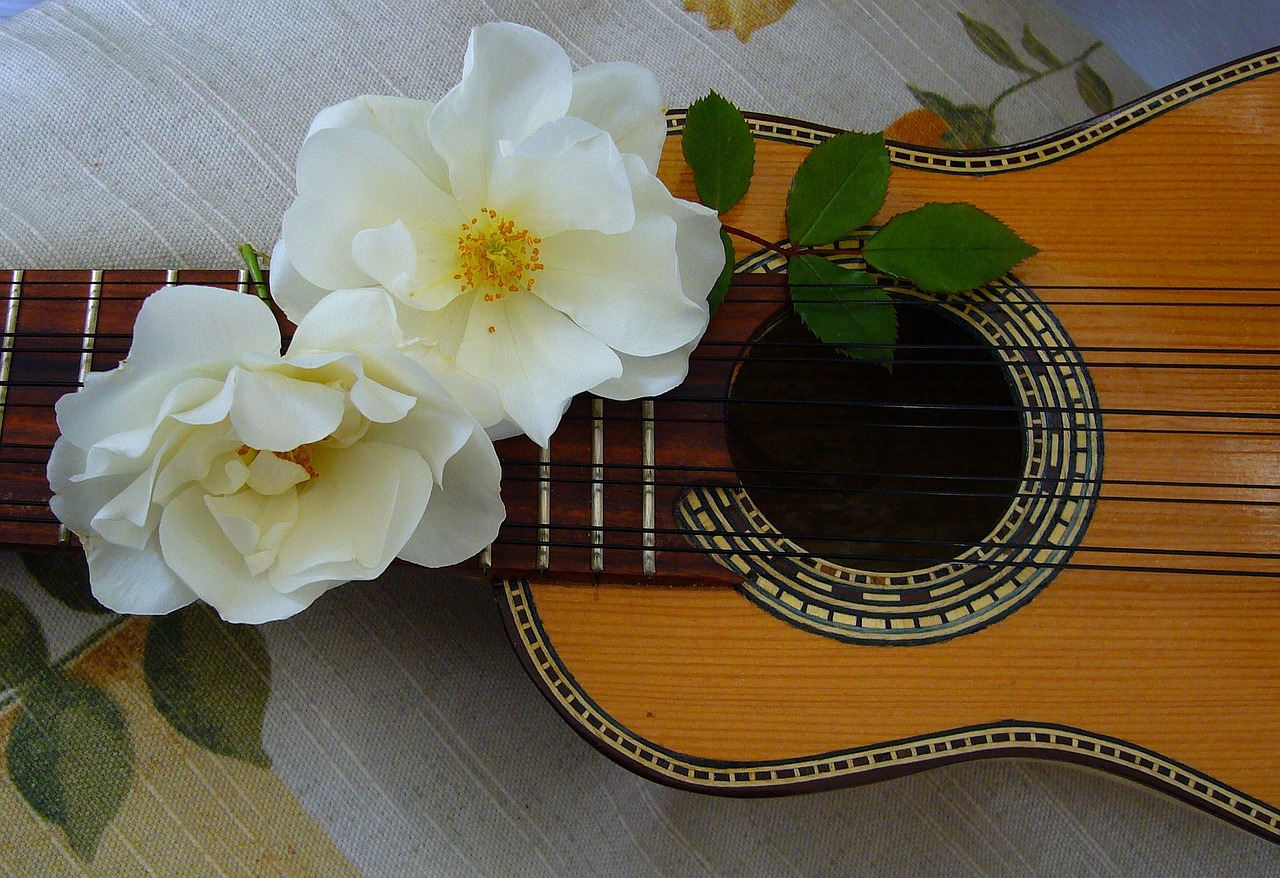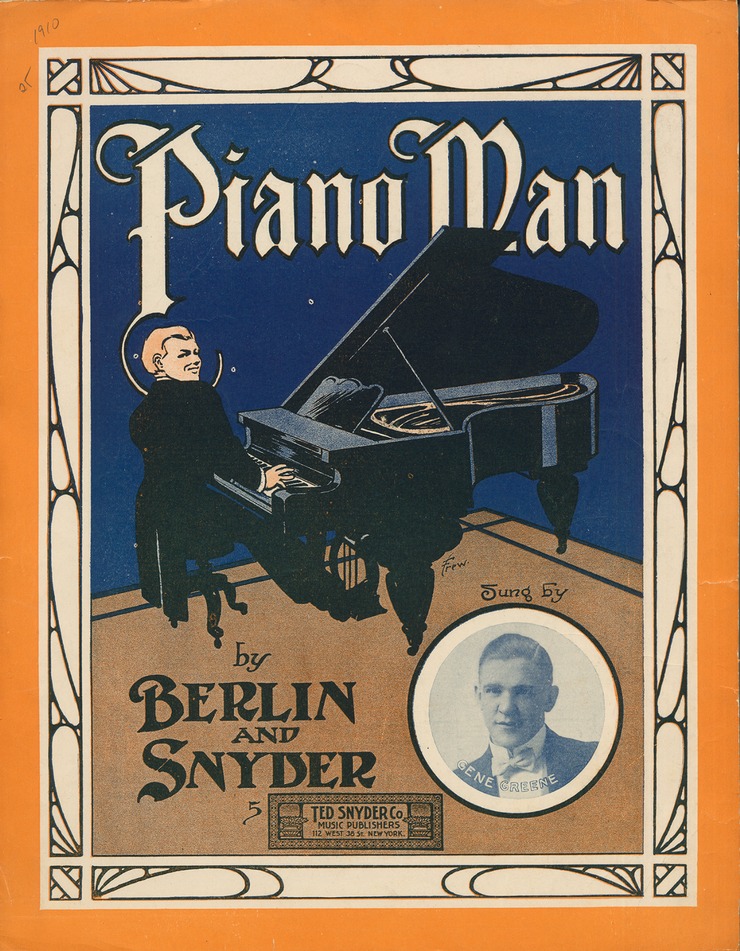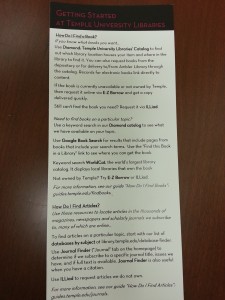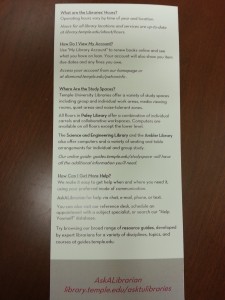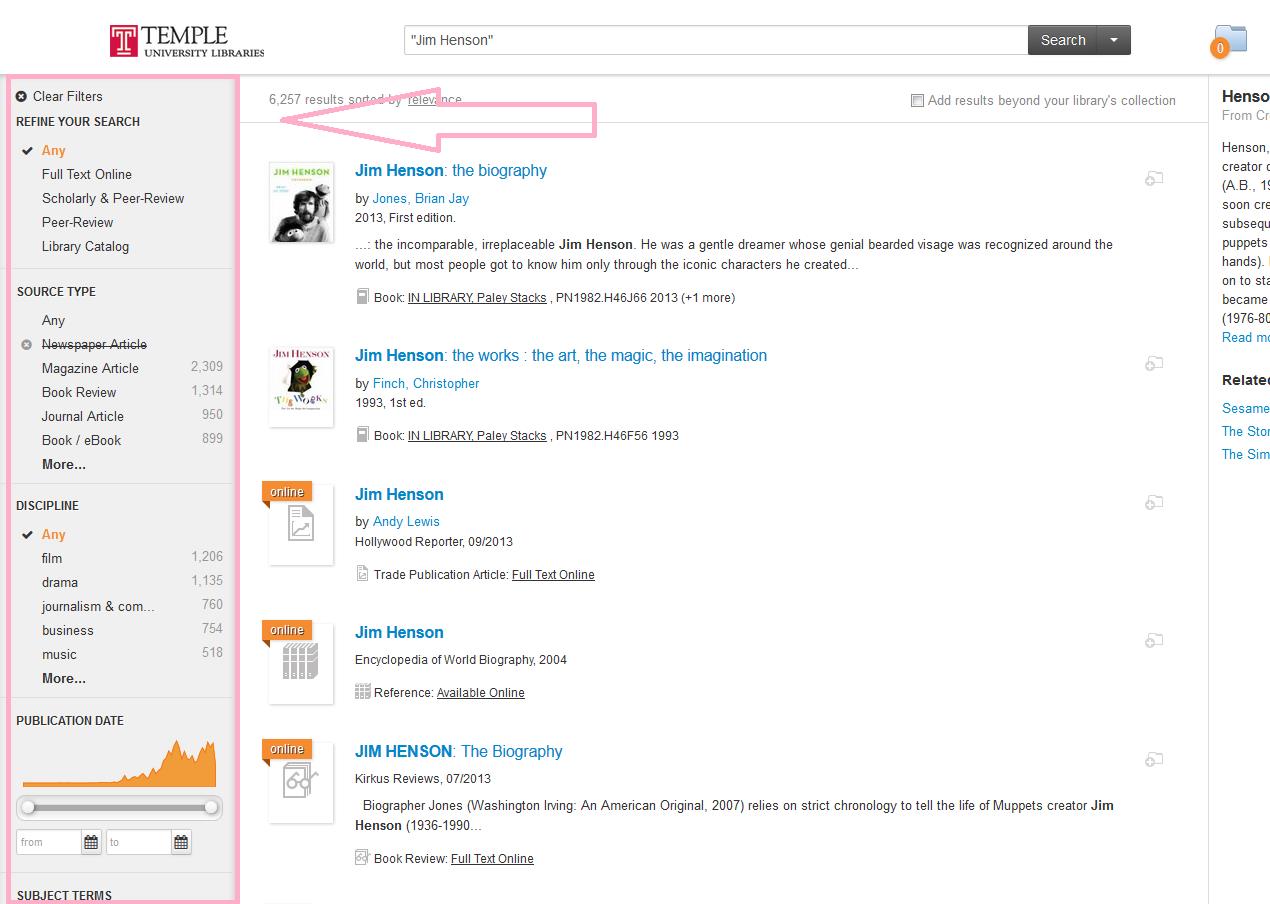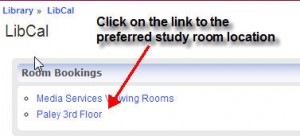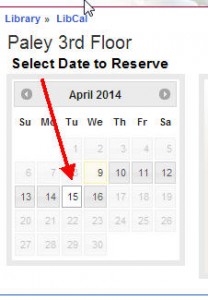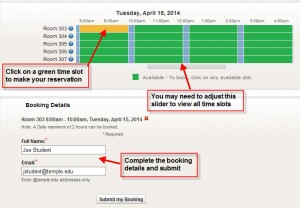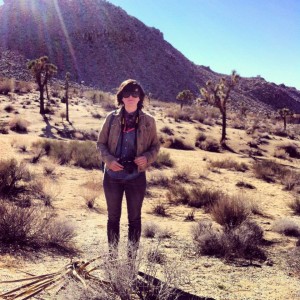In partnership with the Boyer College, Temple University Libraries again present our Noontime Concert Series at Paley Library. The concert lineup for this year features outstanding artists. John Johnson, pianist, singer, scholar, and entertainer extraordinaire will present a “Great American Songwriter” series with music by Cole Porter, George Gershwin, and Irving Berlin. Returning this fall after their sensational “Springtime in Paris” concerts are Dr. Charles Abramowic and his students, this time featuring piano music by Shostakovich played to early Russian animated films of Ladislaw Starewic. Alan Krantz, professor of guitar, and his students will share with us their beautiful music in “Classical Guitar: Intimate, Romantic, Cosmopolitan.” Who could resist?
All concerts take place in the Paley Library Lecture Hall (ground floor) from noon to 1:00 P.M. Light refreshments are served. Boyer recital credit is given.
Begun in Spring 2014, and drawing on the finest talent anywhere, this series provides an informal, enormously fun, and relaxing mid-day diversion.
Bring your lunch. Bring your friends. Relax. Restore. Renew. Enjoy.
Paley Noontime Concert Series Fall 2014

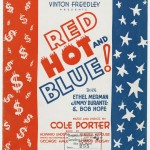
John Johnson: Great American Songwriters
Cole Porter – Urban Sophistication
Thursday, September 25, 12:00 – 1:00 P.M.
Paley Library Lecture Hall
******************************************

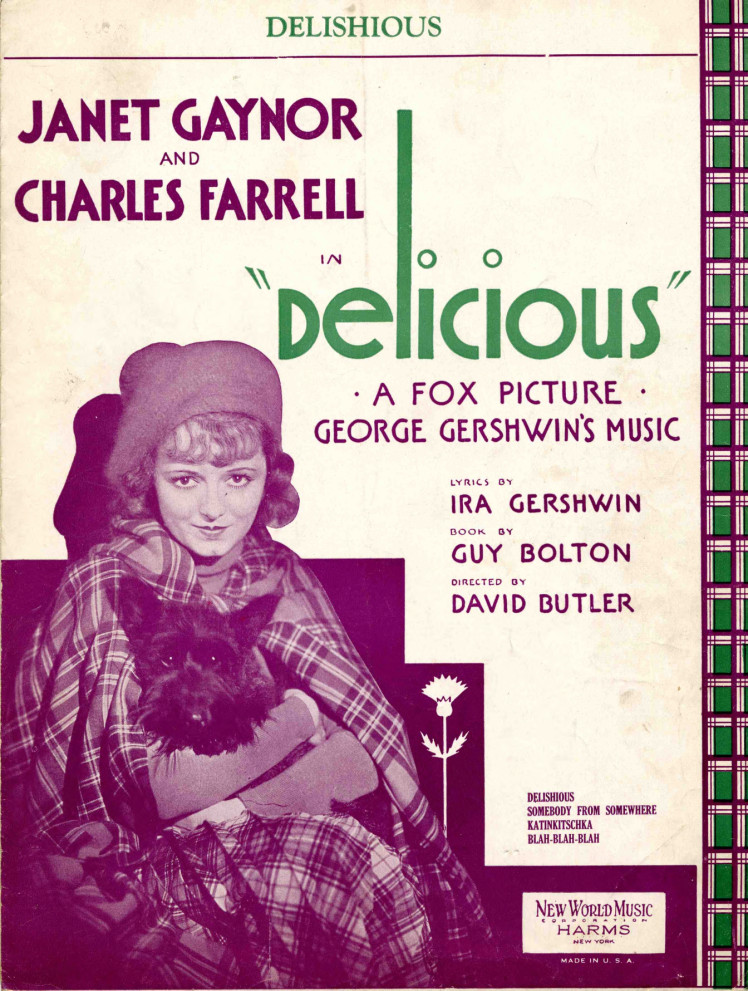
John Johnson: Great American Songwriters
George Gershwin: S’wonderful!
Thursday, October 9th, 12:00-1:00 P.M.
Paley Library Lecture Hall
******************************************
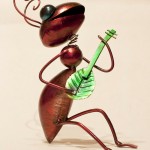
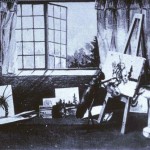
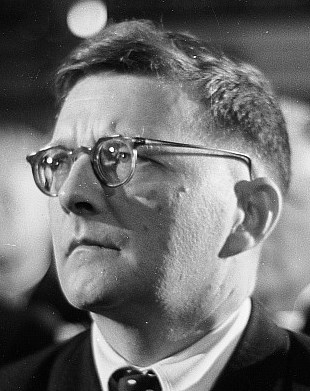
Creepy Crawly! Early Russian Animated Film and Piano Music of Shostakovich
Dr. Charles Abramowic and his Sensational Students
Thursday, October 30th, 12:00-1:00 P.M.
Paley Library Lecture Hall
******************************************
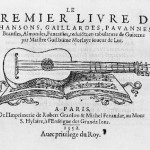
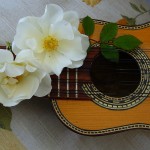
Classical Guitar: Intimate, Romantic, Cosmopolitan
Alan Krantz and his Students
Wednesday, November 19th, 12:00-1:00 P.M.
Paley Library Lecture Hall
******************************************
John Johnson: Great American Songwriters
Irving Berlin: Say It With Music!
Thursday, December 4th, 12:00-1:00 P.M.
Paley Library Lecture Hall
******************************************
Mark your calendars!
Thursday, September 25th
Thursday, October 9th
Thursday, October 30th
Wednesday, November 19th
Thursday, December 4th
******************************************

